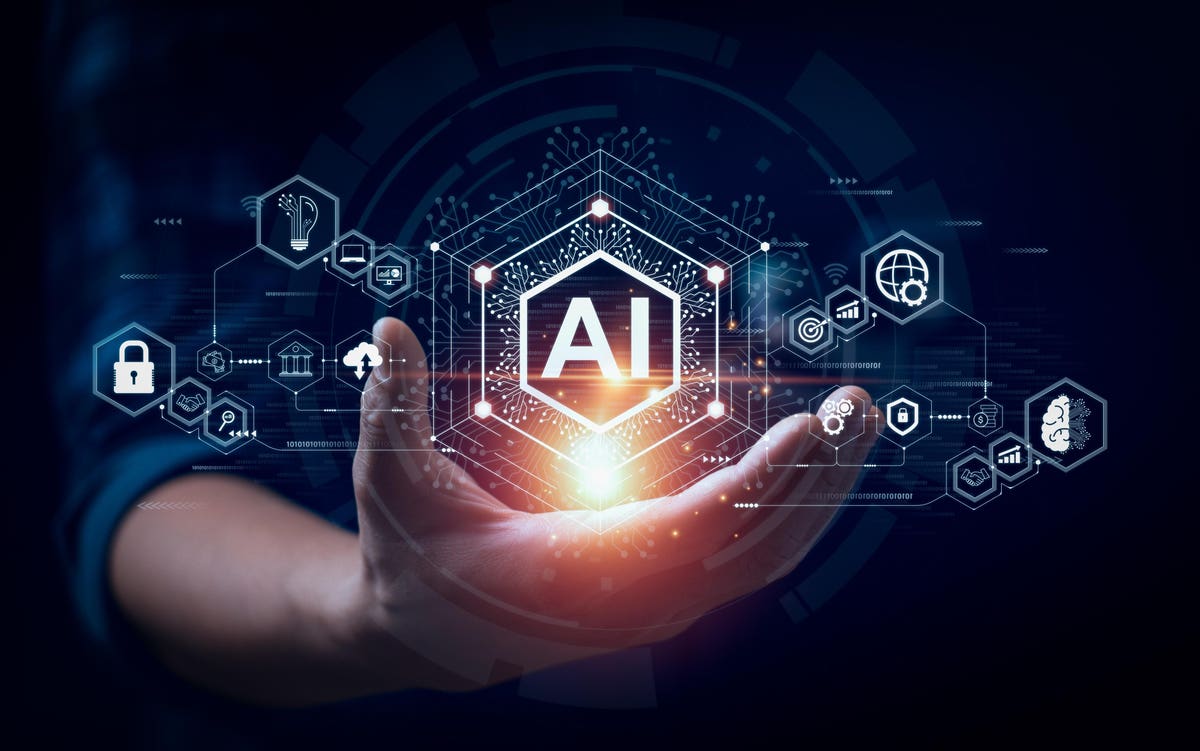Amidst warnings from scientists and engineers that artificial intelligence (AI) is advancing more quickly than the resolution of ethical control issues surrounding it, ChatGPT has arrived in the residential real estate universe. Agents countrywide have begun using it to write listing descriptions and assemble pitch packages. Just last week, one of our New York agents reported assembling a co-op board package in which two of the reference letters were drafted by ChatGPT. What’s more, she said, they weren’t bad!
The pace of life-changing innovation accelerates with each generation. The Industrial Revolution, during the first half of the 19th century, mechanized processes that had not changed for literally thousands of years. Human and/or animal labor was behind the production of everything: food, clothing, travel, books. With the advent of the steam engine, boats became engine driven. Factories began to make cloth and clothing. Trains enabled people and goods to travel long distances at formerly unimaginable speeds.
Next came the automobile, transforming distance and individualizing travel. Then the automated stock ticker. The radio. Airplanes. Television. The world my parents inhabited would have been completely unrecognizable to their grandparents. But all that progress/fallout from the Industrial Revolution had no real transformative equivalent until the arrival of personal computing and the Internet. Today’s kids, who learn to swipe as early as they learn to walk, would, in turn, be unrecognizable to THEIR grandparents. And as transformative as the Internet has been to how we gather information and how information technology seems to be altering people’s work habits forever, the tidal wave of artificial intelligence will transform everything again, perhaps even more profoundly.
The deep ethical and practical questions behind this newest revolution boil down to this: what will OUR role, as humans, be in a world in which machines can think and do so many of the things which historically only we could think and do. For real estate agents, the longer-term implications seem clear: bots will be more and more efficient at organizational tasks. They will get better and better at writing descriptive prose. They will develop search skills so that engines like StreetEasy and Zillow will become more sophisticated about extrapolating buyer criteria to create a broader pool of listings that fit, or mostly fit, described criteria.
The same threat exists in many other businesses. Reporters, in particular, will be under fire as chatbots can increasingly both research stories and write them, accessing in moments an entire world’s database of relevant facts, interviews, and opinions. Stockbrokers and asset managers, already threatened by index funds and program trading, will have even more need to define a credible value proposition.
As with so many technology innovations, however, the degree of disintermediation will likely be most influenced by the cost and quality of the product being sought. The very wealthy will almost certainly continue to retain wealth advisors, for two reasons: first, because they probably got or remained rich by understanding that they know a great deal about their specialty and recognize the benefit of hiring someone who is equally expert in THEIR specialty, and second, because they simply don’t have time to do everything well.
The same will be true in the real estate brokerage business. The bots will likely have much more impact in lower price point markets where inventory is more similar and algorithms thus more likely to be applicable across a broad selection of properties. In addition, while technology may enable more and more parts of the home-buying process, people tend to want people, not machines, to advise and inform them through the most important life decisions. People have another set of advantages. We listen to tone of voice, we watch body language, we try to attend to the subtle cues that words alone fail to communicate. At least for now, that is the territory where real estate agents continue to add value and where AI cannot follow.
Read the full article here





